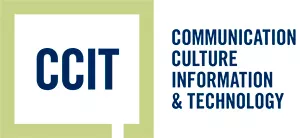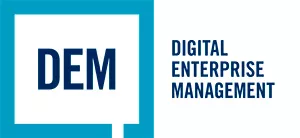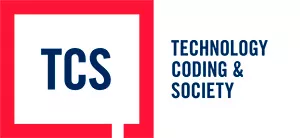The ICCIT at the University of Toronto Mississauga houses four interdisciplinary undergraduate programs that offer students a wide range of approaches to media communication and technological innovation. Students in our programs go on to graduate school in history, social sciences, communication, design, and media studies; they join the workforce as entrepreneurs, innovators and designers, journalists, media specialists, and educators.
Our Programs
Our History
The ICCIT may at first appear as a timely response to the current trends of digital media and communication technologies — mobile devices, social media and information systems — that are now so pervasive in our culture and economies. However the first program, the CCIT Major, was developed in 2000 to address the emergence of new technologies that were being developed and that were seen at the time as the future of communications.
Starting with this first program, we have envisioned the shift from traditional media to digital media and all the technical, social and cultural change that this shift would entail. The CCIT program anticipated that, in order to produce and engage with this new media, students would require not only a strong theoretical understanding and sense of the history of communication and its technologies, but also the technical skills to design, create and edit with the latest tools.
Quickly following the launch of the Communication, Culture, Information & Technology (CCIT) Major program, the Digital Enterprise Management (DEM) Specialist program was introduced to complement CCIT, with a focus on management, in an age where technological innovation has become one of the most significant factors of long-term business viability.
The Professional Writing and Communication (PWC) Major and Minor programs, long-established UTM programs with thematic and student affiliations to CCIT joined ICCIT next. PWC reinforces the ongoing importance of flexible and reflective writing, research skills, and meticulous editing across disciplines and in various formats, for both traditional and new media.
The Technology, Coding, and Society (TCS) program is the Institute’s most recent addition. In TCS, students learn essential computer coding skills, are taught theories on the use of digital platforms from humanistic and social science perspectives, learn to analyze the data that digital platforms produce, and then apply these concepts through practical labs and through optional work-integrated learning opportunities.
We have a rich history, and we hope you’ll enrich your future by joining our community.




